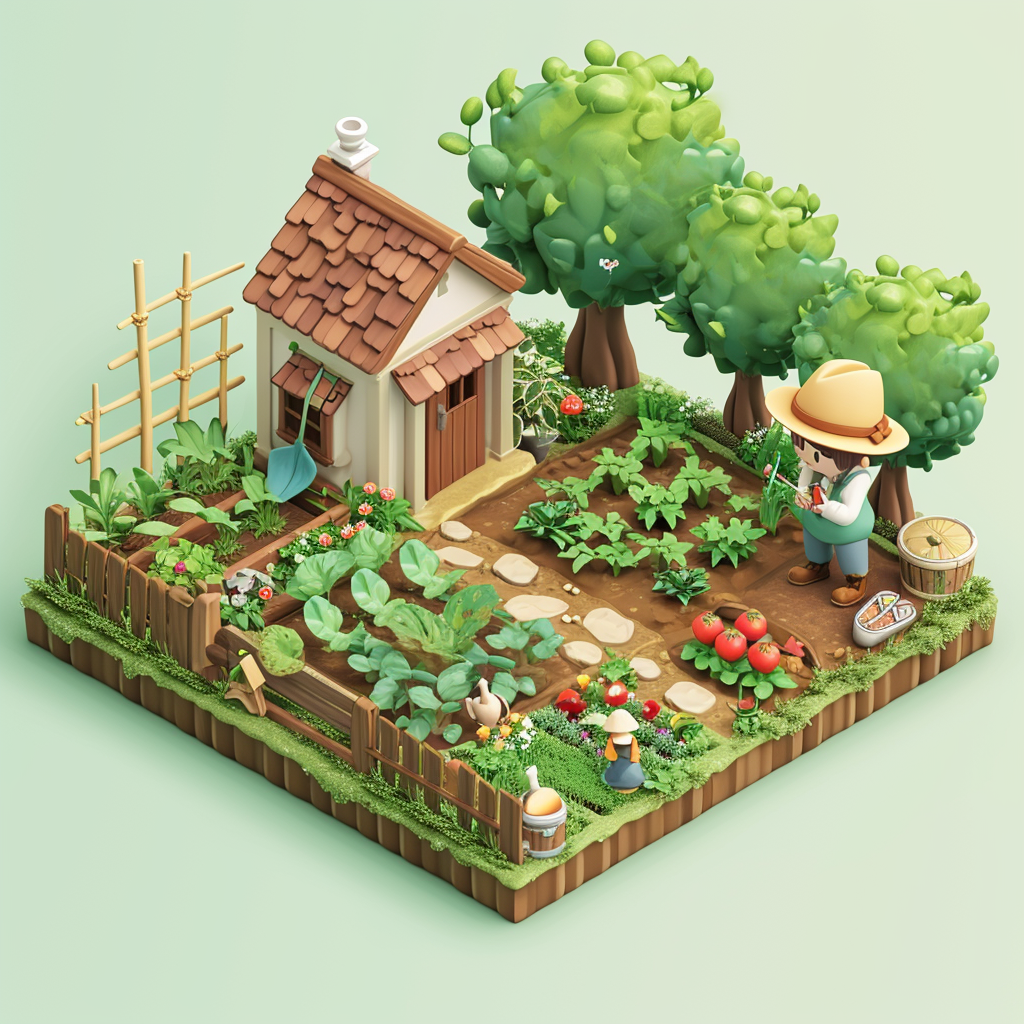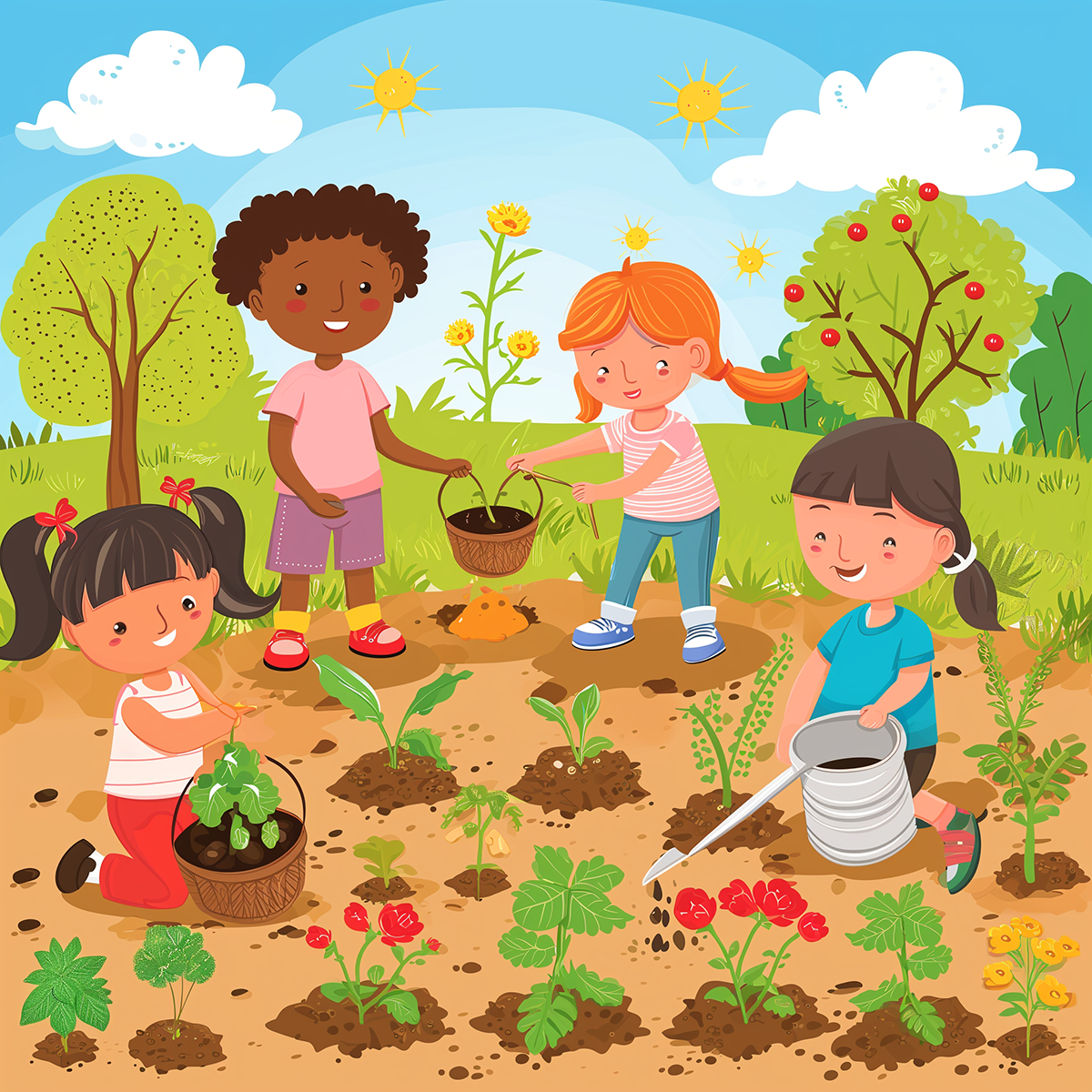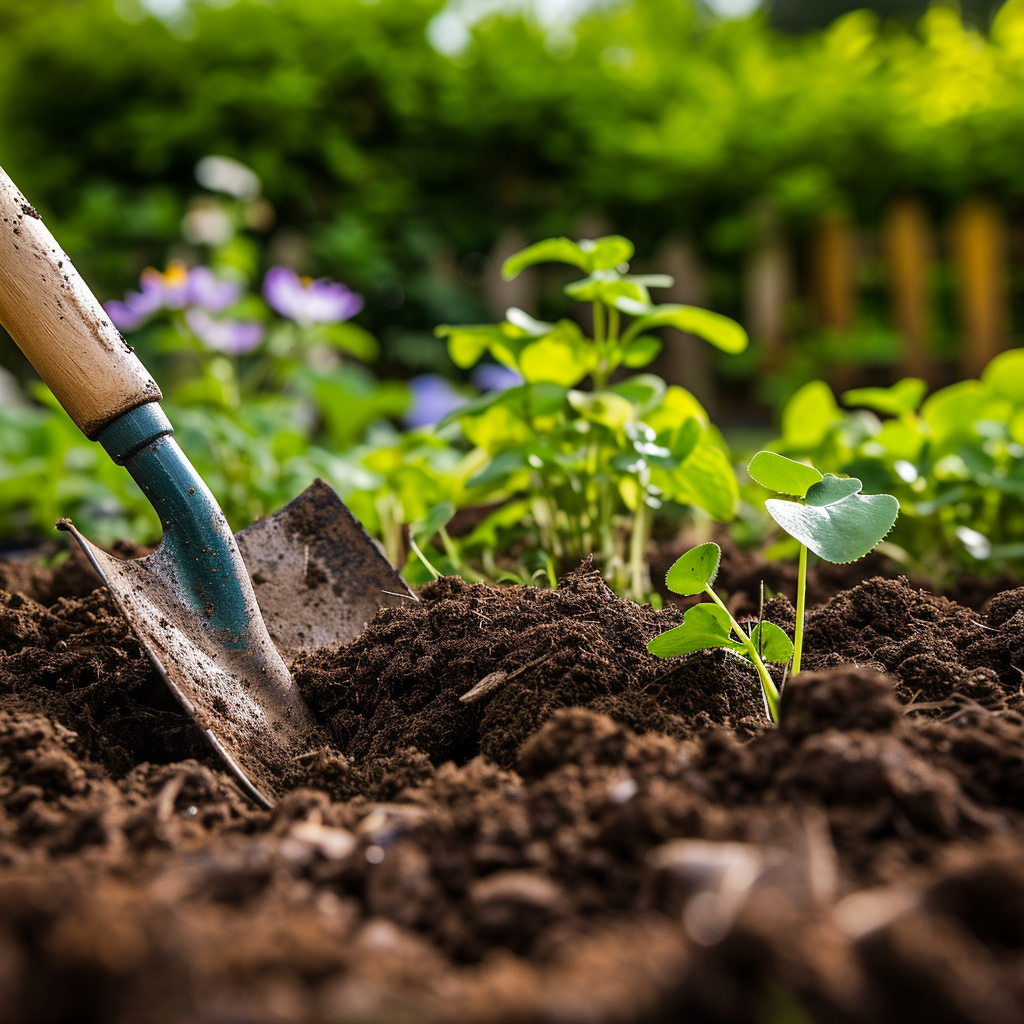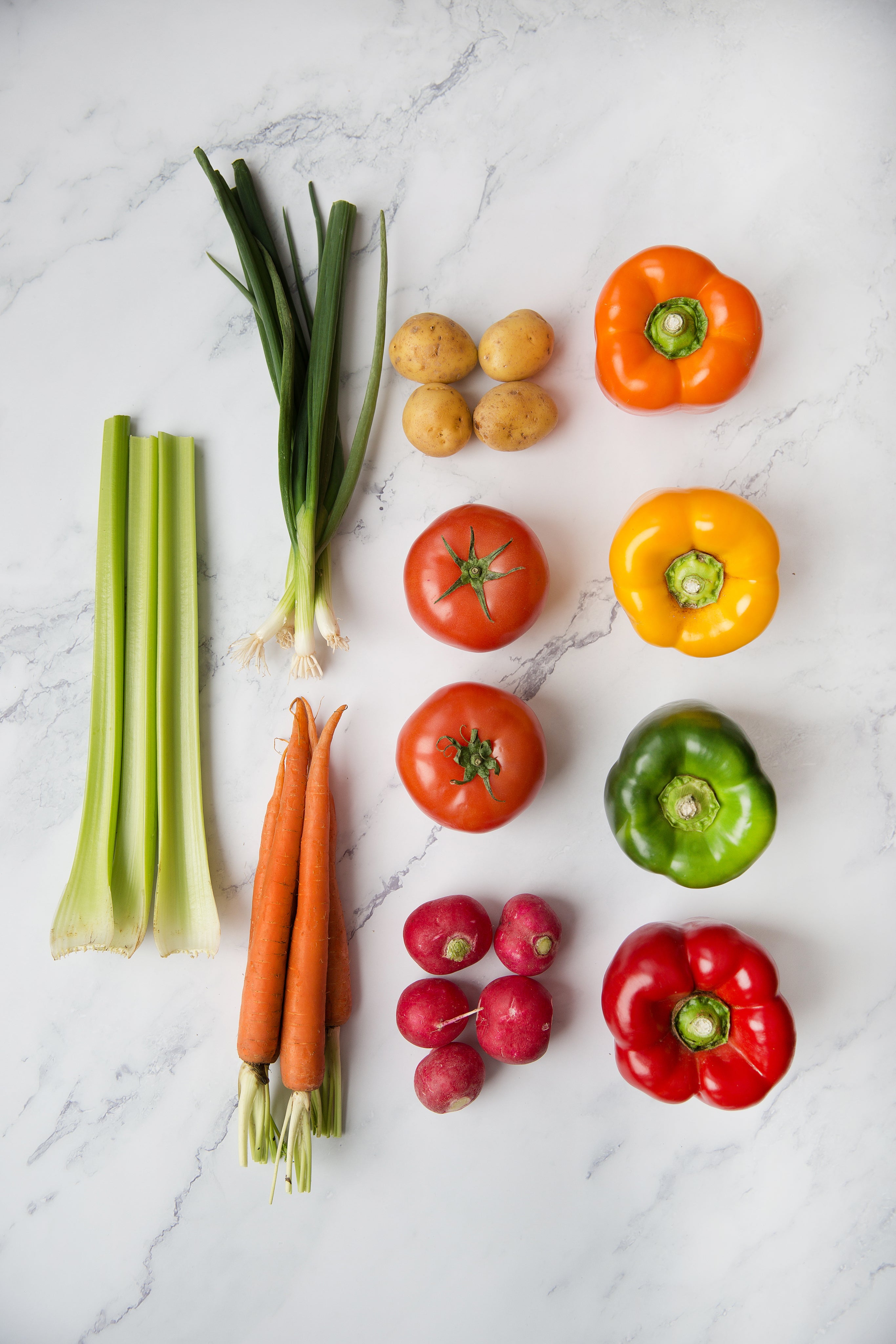Have you ever wondered if gardening is just for the “natural” gardeners? Or if you could ever develop the ability to not only plant plants, but also make them thrive? If yes, then this post is for you. Gardening is a skill that anyone can learn – and the process of learning can be incredibly satisfying and fulfilling.
In this post we want to show you that gardening is not an innate skill, but an art and science that anyone can learn. We'll talk about how you can start with small, manageable steps and how you can learn to discover the joy of growing and thriving - both in your garden and within yourself.
Gardening is not just planting seeds or pulling weeds; it is an adventure that requires patience, creativity and sometimes a little research spirit. Making mistakes is a natural and valuable part of this adventure. Every mistake is an opportunity to learn , grow and develop.
So whether you think you don't have a green thumb or are just unsure where to start, this post is here to inspire and motivate you. Let's start the journey into the world of gardening together, step by step, with confidence and curiosity.
Everyone starts small

The journey into the world of gardening often starts small. Even experienced gardeners started out as beginners, with little knowledge and perhaps one or two unsuccessful attempts at planting. The key to success is to start small and develop gradually. Here are some tips on how to get started in gardening as a beginner:
- Set realistic goals: Don't expect to create a perfect garden right away. Start with a few plants or a small bed. It's better to be successful at something small than to be overwhelmed by something big.
- Choose easy-care plants: Some plants are easier to care for than others. Start with hardy, undemanding plants that are less susceptible to disease and don't require as much attention.
- Get informed: Use resources like gardening books, blogs, and workshops to expand your knowledge. Local nurseries and garden clubs are also excellent sources of information.
- Learn from experience: Don't be disappointed if everything doesn't go according to plan. Every experience, good or bad, is a learning opportunity. Document your progress and failures in a gardening journal to learn from them.
- Celebrate small successes: Every plant that grows and thrives is a success. Celebrate these small victories because they are steps on your path to a greener thumb.
By starting small and progressing gradually, you'll build the confidence and skills you need to succeed in gardening. Remember that every garden is a reflection of its care – and the most important thing is that you enjoy the process.
The right attitude

A positive attitude is at the heart of gardening, especially if you consider yourself a beginner. It's less about achieving perfection and more about enjoying the process and learning from each experience. Here are some advanced thoughts and strategies for maintaining a nurturing mindset:
- Be patient: Plants grow at their own pace, and gardening is often a game of patience. Don't expect instant results and remember that growth takes time - both in your plants and your skills as a gardener.
- Mistakes are valuable lessons: Every gardener, no matter how experienced, makes mistakes. These mishaps are not defeats, but important learning opportunities. Instead of getting upset about a failed plant, think about what you can learn from it. Was it a location issue, irrigation issue, or perhaps a pest infestation?
- Don't compare yourself to others: your garden is as unique as you are. Don't be discouraged by other people's seemingly perfect gardens. Your garden is a personal expression and should bring you joy, regardless of how it looks in comparison to others.
- Enjoy the process, not just the result: Gardening is an activity that can bring joy in every moment - be it planting, weeding or simply observing nature. Enjoy the quiet, meditative moments in the garden, the connection with nature and the little miracles that happen every day.
- Celebrate your successes, no matter how small: Every progress in the garden, be it the germination of a seed or the blooming of a flower, is cause for celebration. These small successes are signs of your growing skills and should be appreciated.
- Seek support and inspiration: If you get stuck, don't hesitate to ask other gardeners for advice or find out more in books and online forums. Inspiration and support from others can make a big difference.
With a positive attitude, gardening becomes a fulfilling and joyful part of your life. It teaches you not only about plants and nature, but also about patience, acceptance and the joy of constant growth.
Learning from mistakes

One of the most important aspects of gardening is accepting and welcoming mistakes as part of the learning process. Every gardener, no matter how experienced, has made mistakes at some point. These missteps are not only inevitable, but also incredibly valuable. They offer us the opportunity to develop deeper knowledge and better skills. Here are some ways you can learn from gardening mistakes:
- Observe and reflect: If something doesn't work as planned, take time to observe and reflect. Why didn't a plant grow? Was it too much or too little water? Incorrect sun exposure? Or maybe a pest problem? These observations will help you make better decisions in the future.
- Keep a gardening journal: A gardening journal is an excellent tool for recording your experiences, both the good and the bad. Note what worked well and what didn't, including conditions such as weather, soil type, and maintenance procedures. This way, you can refer to these notes next year and improve your methods.
- Seek Advice and Knowledge: Don't hesitate to seek advice from more experienced gardeners or educate yourself through books and online resources. Often small adjustments in care or selection of plants can make big differences.
- Keep experimenting: See every failure as an opportunity to try something new. Maybe a different type of plant is better suited to your garden, or a different care technique might produce better results.
- Be gentle with yourself: remember that every failure is a step on the path to success. Be gentle with yourself and recognize that making mistakes is a natural part of the learning process.
By learning from your mistakes, you will not only develop your gardening skills, but also gain a deeper understanding of nature and its processes. Every mistake is a valuable lesson on the way to a greener thumb.
Easy projects to get you started

A successful introduction to gardening often begins with simple projects that bring joy and at the same time increase confidence in your own gardening skills. Here are some advanced garden project ideas that are perfect for beginners:
- Create a herb garden: A small herb garden is an ideal starter project. Easy-care herbs such as basil, parsley, thyme and mint thrive both outdoors and in pots on a windowsill. Not only are they relatively undemanding, they are also useful in the kitchen and offer a wonderful variety of scents and tastes.
- Growing vegetables in containers: For those without a large garden, growing vegetables in containers is a great option. Tomatoes, peppers, lettuce and radishes are particularly suitable for this. Container gardening requires less space and is a great way to learn the basics of plant care.
- Flower bed for beginners: Start with a small, manageable flower bed. Choose robust and easy-care plants such as marigolds, coneflowers or zinnias. These flowers are not only beautiful to look at, but also tolerant of beginner mistakes.
- Create your own compost: Creating a compost pile is a simple and rewarding project. It teaches the basics of the natural cycle and is an excellent method for putting kitchen and garden waste to good use. Compost also provides valuable fertilizer for your garden.
- Growing plants in pots: Start with indoor plants or outdoor potted plants. Plants like aloe vera, spider plant or various succulents are ideal for beginners. They forgive small care mistakes and help you develop a feel for the needs of plants.
- Garden Projects for Kids: If you have children, involve them in simple garden projects. Planting sunflowers, creating a small vegetable patch, or making birdhouses are activities that are fun and educational at the same time.
Not only are these projects a great way to start gardening, but they also provide an opportunity to develop essential skills, discover the joy of gardening, and increase confidence in your own abilities.
Leverage the community

One of the most rewarding aspects of gardening is the community it builds around you. Especially for beginners, exchanging ideas with other gardeners can be an invaluable source of inspiration, learning and support. Here are some ways you can make the most of the gardening community to get started with gardening:
- Join garden clubs and groups: Many cities and towns have local garden clubs or groups that host regular meetings, workshops and plant swaps. By joining these groups, you can not only receive valuable tips and advice, but also network with other gardening enthusiasts.
- Use online communities and forums: In the digital world, there are a variety of online platforms, forums and social media groups dedicated to gardening. These can be a great resource for asking questions, getting advice, and getting inspiration from other people's experiences.
- Ask experienced gardeners for advice: Don’t hesitate to ask experienced gardeners in your area for advice. Most garden enthusiasts are happy to share their knowledge and experiences and can give you practical tips for your own garden.
- Explore Community Gardens: Community gardens provide a wonderful opportunity to gain hands-on experience and learn from experienced gardeners. These gardens are often a reservoir of knowledge and experience and offer the chance to learn about different gardening styles and techniques.
- Attend workshops and courses: Take advantage of offers from garden centers, botanical gardens or adult education centers. These facilities often offer courses and workshops on a variety of gardening topics, from the basics to specialized techniques.
- Attend garden tours and exhibitions: Visit local garden shows, plant markets or open gardens. These events not only offer wonderful insights into different garden concepts, but are also an excellent opportunity to exchange ideas directly with other gardeners.
By actively participating in the gardening community, you can not only expand your knowledge and skills, but also find inspiration and motivation, and perhaps even make long-lasting friendships. Gardening connects people of all ages and backgrounds and creates a vibrant, supportive community.






